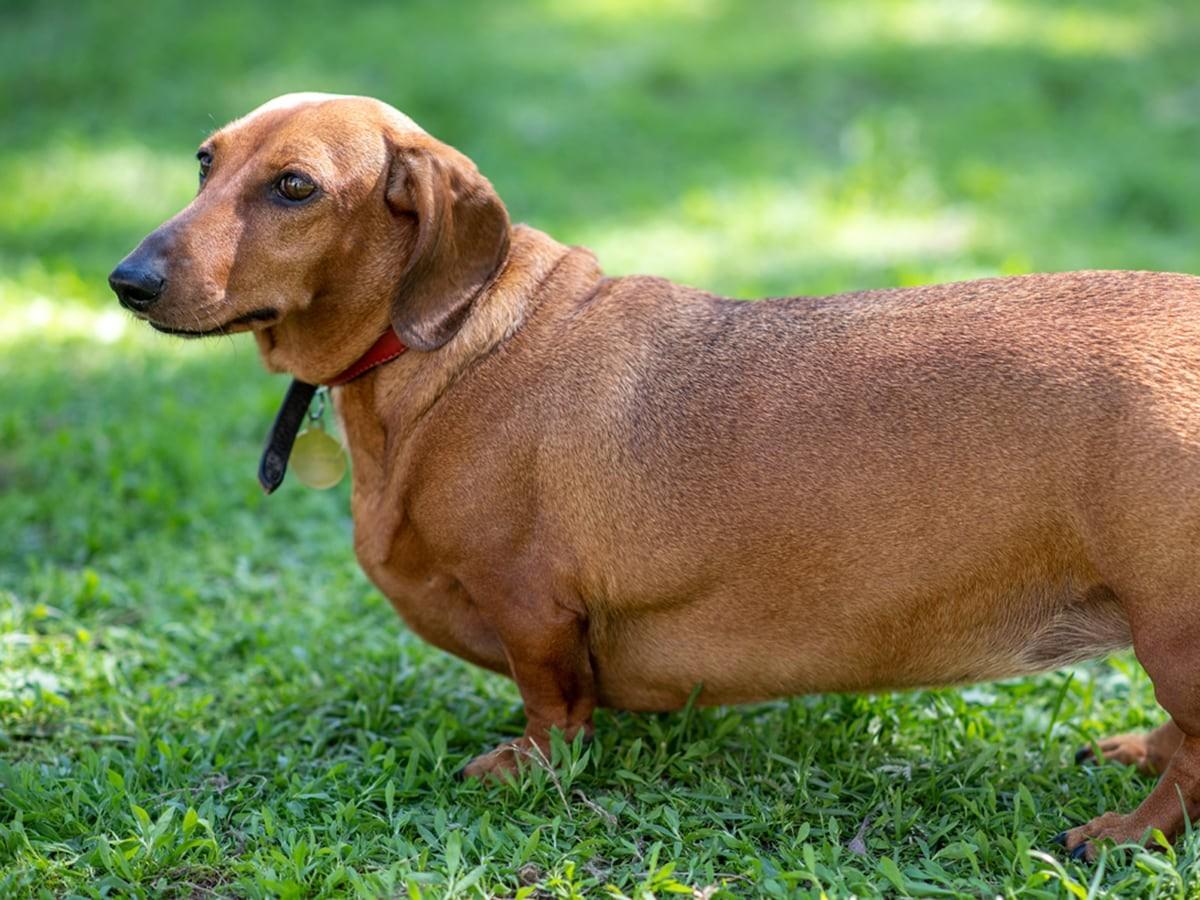Maintaining a healthy weight is essential for both humans and pets. Overweight pets are more prone to health issues like diabetes, joint problems, and heart disease. A weight management plan for pets is essential to help keep your furry friends healthy and happy. Here are some tips to help you develop a weight management plan for your pet.
Consult with Your Veterinarian
Before starting any weight management program for your pet, consult with your veterinarian. Your vet can help you determine the ideal weight for your pet and recommend a weight management plan. Your veterinarian can also check for underlying health conditions that may be contributing to your pet's weight gain or loss.
Adjust Your Pet's Diet
Diet plays a crucial role in weight management. Switching to a lower-calorie diet can help your pet lose weight. However, it's important to make changes gradually to help prevent your pet from feeling hungry or experiencing digestive issues. You can start by gradually reducing your pet's daily food intake by 10% to 20%. You can also switch to a lower-calorie diet specifically formulated for weight loss.
Measure Your Pet's Food
One of the most significant contributors to pet obesity is overfeeding. Measuring your pet's food can help you control portion sizes and prevent overfeeding. Use a measuring cup to ensure that you're feeding your pet the right amount of food each day.
Encourage Exercise
Regular exercise is crucial for your pet's health and weight management. Exercise helps your pet burn excess calories and maintain a healthy weight. Start by taking your dog for a walk or playing with your cat for a few minutes each day. Gradually increase the duration and intensity of your pet's exercise routine.
Limit Treats
Treats are an essential part of pet training and can be a great way to show your pet affection. However, treats can also contribute to pet obesity. Limiting the number of treats you give your pet can help them maintain a healthy weight. You can also switch to lower-calorie treats or offer your pet healthier alternatives like fresh fruits and vegetables. It’s important to consult with your veterinarian before you incorporate fresh fruits or vegetables into your pet’s diet.
Monitor Your Pet's Weight
Monitoring your pet's weight regularly is crucial to help track their progress and make necessary adjustments to their weight management plan. You can weigh your pet at home or visit your veterinarian regularly for weigh-ins. If your pet is not losing weight, you may need to adjust their diet or exercise routine.
Be Patient
Weight loss takes time, and it's essential to be patient and consistent with your pet's weight management plan. It may take several weeks or even months for your pet to reach their ideal weight. Consistency is key, and sticking to your pet's weight management plan can help them achieve and maintain a healthy weight.
In conclusion, a weight management plan for pets is crucial to help keep your furry friend healthy and happy. Consult with your veterinarian, adjust your pet's diet, measure your pet's food, encourage exercise, limit treats, monitor your pet's weight, and be patient. By following these tips, you can help your pet achieve and maintain a healthy weight and prevent health issues associated with obesity.
How Can Spot Pet Insurance Help
Spot Pet Insurance plans can help by providing coverage for your pet’s unexpected accidents or illnesses. While a weight management plan can help prevent health issues associated with obesity, accidents, and illnesses can still occur. Spot Pet Insurance plans offer different levels of coverage including coverage for accidents, illnesses, and preventative care for an extra cost.
Spot’s preventive care coverage options can reimburse you for routine care, including certain vaccinations, annual exams, and routine dental cleaning. This can help encourage pet owners to take a proactive approach to their pet's health by providing financial support for routine and preventive care treatments.
If your pet does develop a disease or illness related to their weight, Spot Pet Insurance plans can help cover the eligible cost of treatment for covered conditions. It is important to note that Spot plans do not cover prescription foods, medications, supplements, or treatments for general weight or health maintenance.
Overall, Spot Pet Insurance plan options help pet parents in getting peace of mind by offering coverage for eligible veterinary expenses related to unexpected accidents or illnesses, which can be especially helpful for pets that develop weight-related health issues.
